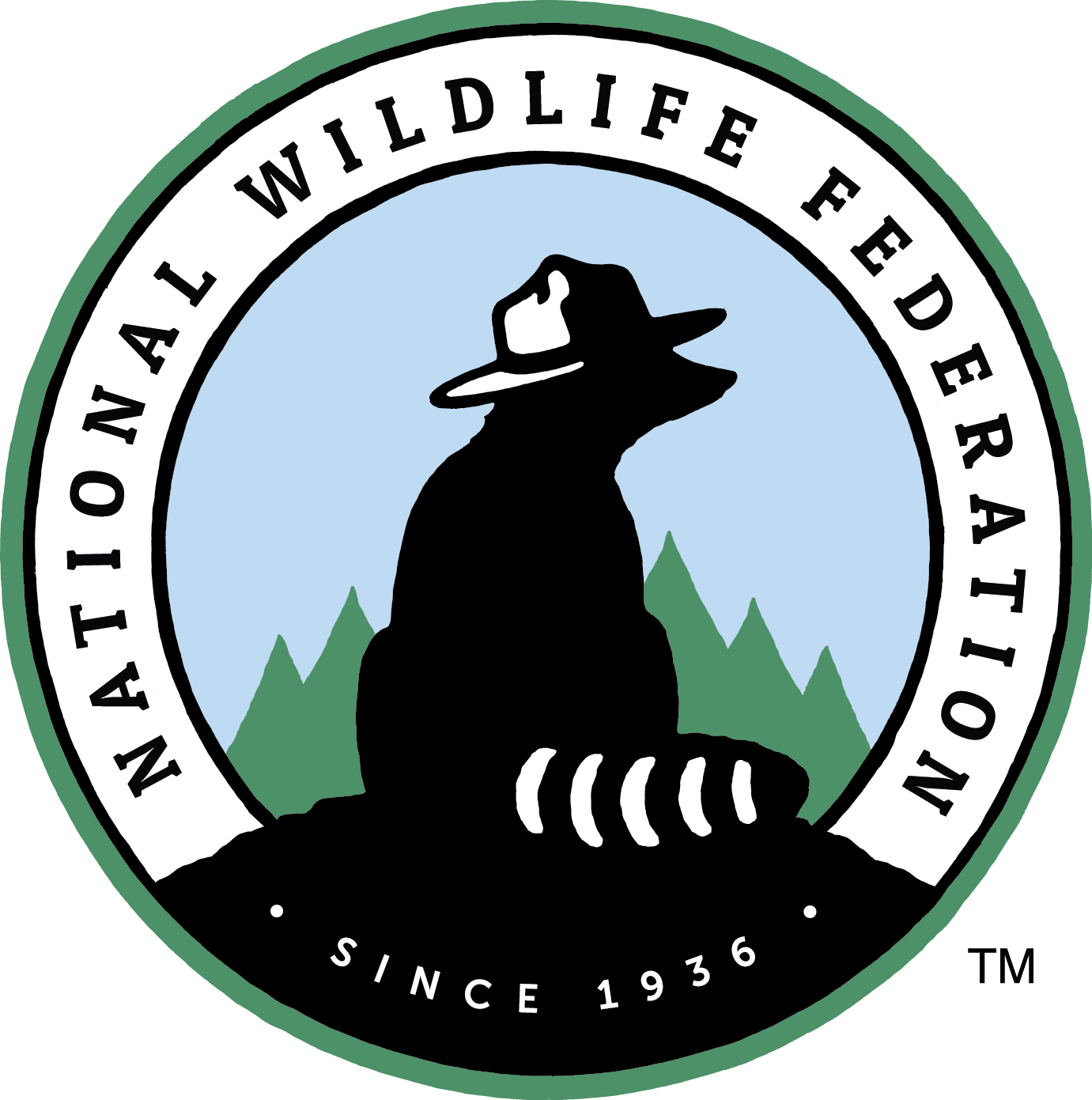Number 2019-03
WHEREAS, all people now living are responsible for restoring and sustaining biodiversity and fostering the ecological health and functioning of natural systems; and
WHEREAS, by long-established law this responsibility within the United States is particularly borne by states, which acting in accordance with federal law hold sovereign title to or otherwise manage wildlife subject to binding trust duties to restore and conserve wildlife populations and biological communities; and
WHEREAS, these state trust duties rest upon states as a whole, not simply on state wildlife agencies; and
WHEREAS, the fulfillment of state trustee duties, leading to flourishing wildlife and well-functioning natural systems, benefits all residents by making their homelands healthier and more beautiful and by fostering outdoor recreation, social interactions, economic enterprise, and virtuous living; and
WHEREAS, while state agencies have succeeded in conserving many game fish and game species, overall wildlife populations and their home habitats continue to decline markedly due to habitat fragmentation and degradation, land-use changes, invasive species, disease, and climate change; and
WHEREAS, the National Wildlife Federation by resolution has long supported the state’s trustee responsibility for all wildlife, including captive cervids and other big-game animals in private reserves, and has worked with states to fulfill this responsibility; and
WHEREAS, the National Wildlife Federation by resolution (including Resolution Number 2018-11) has long called (i) for strong, professional state leadership on wildlife issues, (ii) for increased and broadened state funding for wildlife programs with due attention to species not hunted or fished (particularly species of greatest conservation need), and (iii) for improved organizational structures and enhanced agency powers adequate to carry out state responsibilities; and
WHEREAS, the National Wildlife Federation by resolution has repeatedly emphasized the needs to protect, restore, and connect wildlife habitats on public and private lands and waters, including landscape-scale wildlife corridors, while enhancing state responses to wildlife diseases, invasive species, and inadequate stream flows; and
WHEREAS, properly understood, a state’s trust duties will require, for their full performance, work not just by skilled wildlife commissions and agencies but by other elements of state government and by local governments; and
WHEREAS, public engagement on wildlife issues will often prove essential, with all stakeholders empowered in appropriate ways, as trust beneficiaries, to help fulfill conservation duties and to hold states accountable for any shortcomings as trustees.
NOW, THEREFORE, BE IT RESOLVED that the National Wildlife Federation, at its annual meeting assembled June 5-8, 2019, in St. Louis, Missouri, calls on states to take forceful action to confront the full range of threats affecting wildlife, making use, as appropriate, of all state powers; and
BE IT FURTHER RESOLVED that governors and state legislatures through bold leadership should take such steps as are necessary to restore and conserve within state borders the full range of native species and desired nonnative species so as to sustain the healthy functioning and resilience of natural systems; and
BE IT FURTHER RESOLVED that state conservation steps should include vigorous, adequately funded programs to help wildlife flourish under changing climates by (i) expanding quality wildlife habitats, (ii) creating and maintaining wildlife corridors, (iii) managing state public lands for wildlife and coordinating with federal land-management agencies, (iv) reconnecting rivers to floodplains, (v) restoring wildlife-friendly water flows, and (vi) addressing invasive species and wildlife diseases; and
BE IT FURTHER RESOLVED that states should provide adequate funding and science-based guidance to all agencies of state government—including agricultural and transportation departments—so that they employ their powers and manage their programs in ways that promote, and do not frustrate, fulfillment of the state’s wildlife trust obligations; and
BE IT FURTHER RESOLVED that, consistent with federal law, states should empower their wildlife agencies to retain or (when needed) recover full sovereign power over all wildlife within state borders, including exotic and captive-bred animals and those on private wildlife reserves, while ensuring that all such wildlife and wildlife-related operations are managed in accordance with wildlife science and state trust duties; and
BE IT FURTHER RESOLVED that states and subsidiary local governments should (i) through regional planning, control sprawling development to avoid further unneeded habitat fragmentation and (ii) in all feasible ways, promote shifts in agriculture toward practices that better sustain soils and soil health, maintain clean, more natural water flows, and enhance the wildlife-habitat values of farm, ranch, and commercial-forest landscapes; and
BE IT FURTHER RESOLVED that state legislatures and governors should provide sufficient funding for vigorous law enforcement efforts to ensure compliance with wildlife-related laws and policies, to safeguard wildlife on public and private lands, and to seek remedies for unlawful harms to wildlife and wildlife habitat, enlisting in this effort, insofar as state enforcement proves inadequate, supplemental, citizen-suit enforcement by qualified citizens and nongovernmental organizations.
BE IT FURTHER RESOLVED that National Wildlife Federation affiliates are urged to help educate state governors, lawmakers, agencies, and staff on their full wildlife trust duties as here set forth, emphasizing particularly the needs to infuse trust duties throughout all state programs affecting wildlife and to give full voice to wildlife science.
